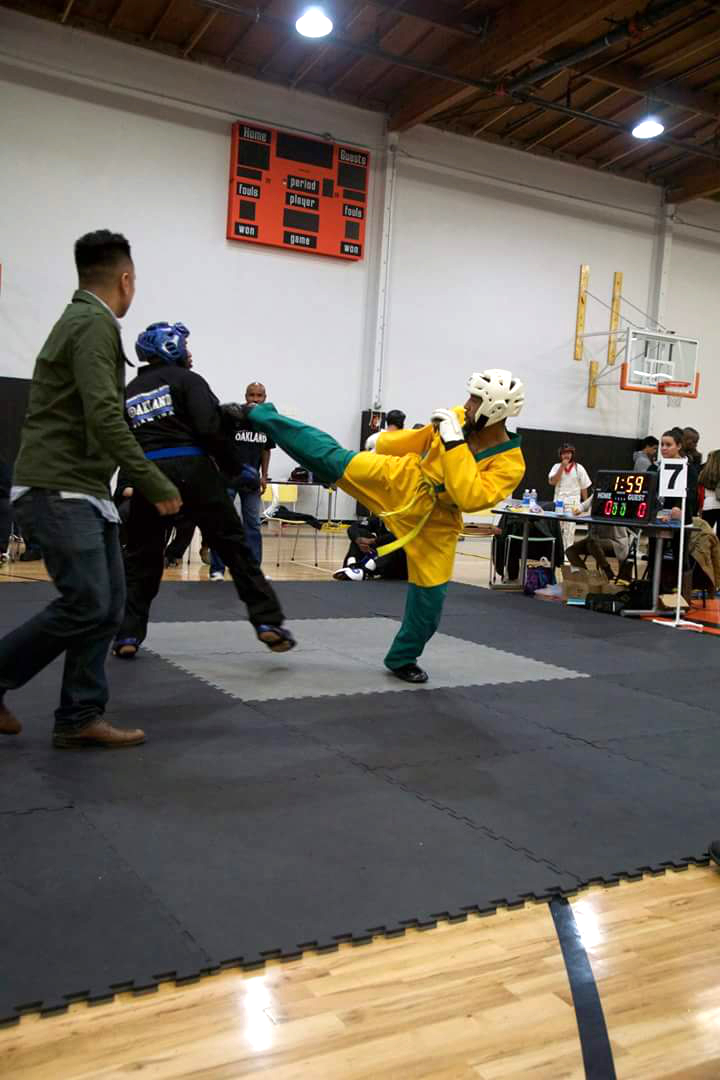The journey of a martial artist will require one to seek and discern the parallels between their training and life itself. In Chinese martial arts, the symbolism of the tiger is often related to attributes of power, strength, and ferociousness. It is one of the most common themes in martial arts training. The movements and techniques associated with tigers emphasize aggressive attacks, quick strikes, and the ability to overpower opponents with deadly force. This is why tigers are one of the most feared animals in the world.
Martial art practitioners aim to emulate the characteristics of animals and elements of nature through certain aspects of their training. The tiger, in particular, utilizes its agility, speed, and predatory instincts while engaging in combat. This animal represents a formidable and relentless fighting spirit within Chinese martial arts. The tiger can also be seen as an important half of yin-yang symbolism, which represents a balanced contrast to the attributes of the Chinese dragon.
Martial arts like karate and kung fu are unique because they require a person to focus their training on developing the elements of both their internal and external strengths and weaknesses. Martial Arts training that focuses on developing tiger-like abilities comes more so from a person’s external training. Usually the internal courage and instincts that are related to the Tiger is usually either a part of a person’s natural make up or not. Developing those qualities usually come from more than just a mere workout routine.
However, to target power, strength, and agility through your training is much more obtainable. Try incorporating a combination of the following exercises and programs. I have found all of these methods to be effective through my training journey.
1. Resistance Training: I like to incorporate compound exercises like squats, deadlifts, bench presses, and overhead presses into my workout routine. These exercises engage multiple muscle groups and promote overall strength and power development. It is a common myth that resistance training will slow the speed of a fighters strikes. This is only partially true. The controlling the volume of work done during resistance training is the key to maintaining proper muscle elasticity, which results in faster strikes.
2. Plyometric Exercises: Include explosive movements like box jumps, medicine ball slams, and plyometric push-ups in your workouts. These exercises focus on developing power and explosiveness in your movements. One of the best plyometric exercises to add to your workout routine are burpees. The results of these exercises are on full display when striking techniques are done correctly.
3. High-Intensity Interval Training (HIIT): HIIT is when you perform intense, short-duration intervals of exercises with brief recovery periods. Usually, about 30-45 seconds of work followed by 10-15 seconds of rest. This type of training is one of my favorite ways to burn a lot of calories in a short amount of time. It will help you improve your cardiovascular fitness and muscular endurance and can enhance your overall power output.
4. Martial Arts Training: Engage in specific martial arts styles that emphasize power and strength, such as boxing, karate, or kickboxing. These disciplines often incorporate various striking techniques and explosive movements. My style of martial arts is Wun Hop Kuen Do, which is a branch of Kajukenbo, also known as “The original” mixed martial arts. The philosophy of Wun Hop Kuen Do is to train as a system without a system. This fosters the mentality of doing or being whatever is necessary for the moment, and in many cases that is to be like a Tiger or a cat.
5. Suspension Strap Training: Utilize suspension straps like TRX to add increasing levels of resistance to your movements, which in turn will increase your muscular strength and power. Resistance training with suspension straps utilizes more of your core muscles while performing each exercise. Exercises like pistol squats, TRX rows, and suspended push-ups can be effective.
6. Olympic Weightlifting: Consider incorporating Olympic lifts such as clean and jerk and snatch into your training. These exercises require explosive power and technique, helping to develop strength and power throughout the body. Most Olympic lifts are full body movements so they transfer into increased power throughout the entire body.
Remember to prioritize safety and proper form while performing these exercises. Achieving the abilities of a tiger comes from hard work and relentless training. It’s recommended to consult with a fitness professional or coach who can tailor a training program to your specific goals and abilities.
Follow @MikeLeeJr90 on twitter for more related content.



